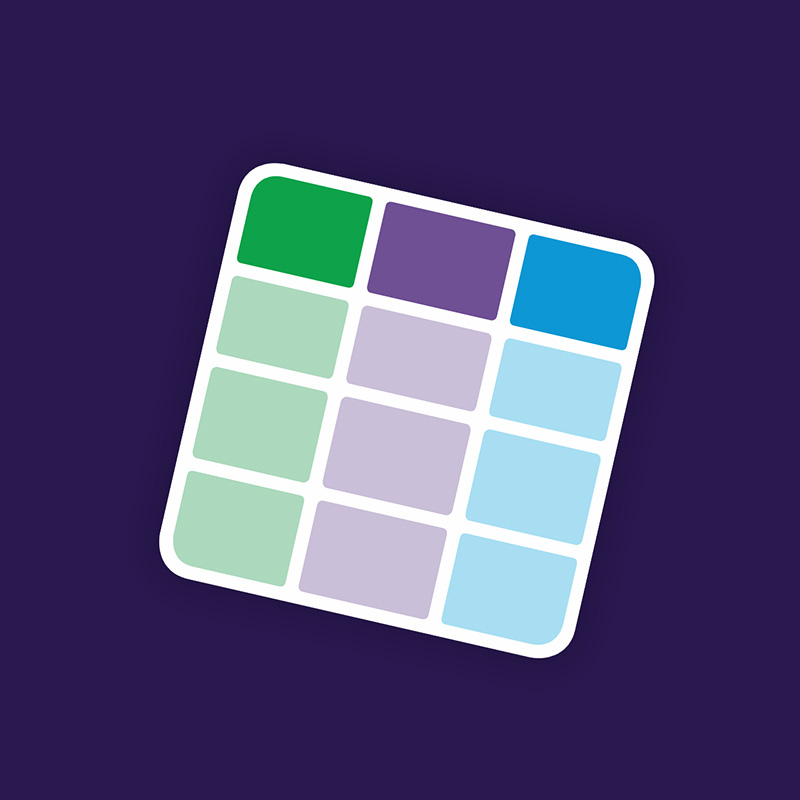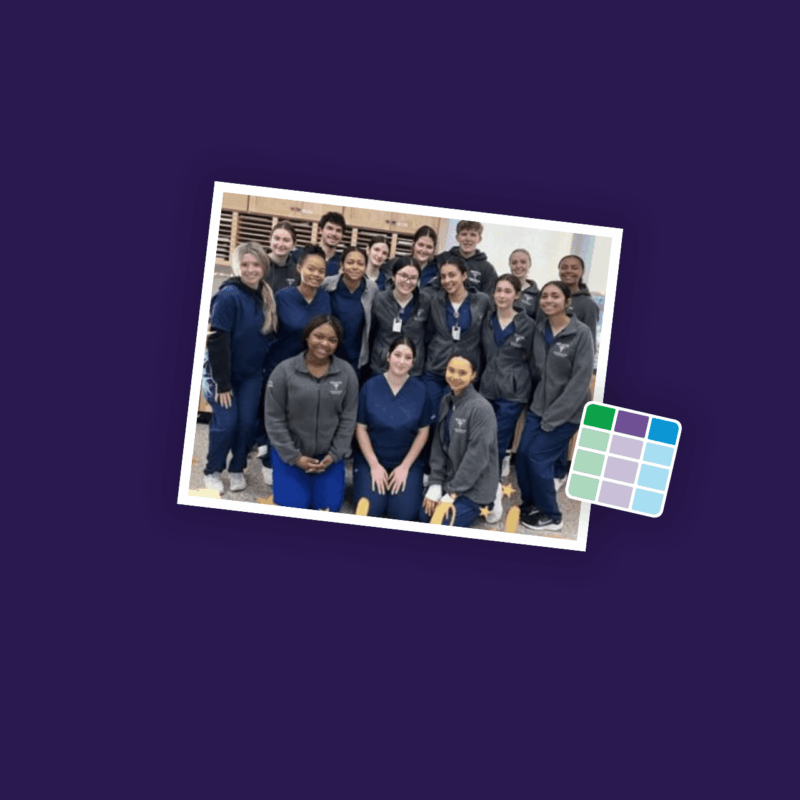Introduction
In partnership with the Massachusetts Department of Elementary and Secondary Education (DESE), CAST collaborated with nine school districts across the state through the CTE Equitable Access Grant (Fund 427). This initiative aimed to build school and district capacity to address issues of access in Career and Technical Education (CTE), with a focus on students with disabilities, multilingual learners, and students of color.
CAST worked side by side with districts to identify barriers, elevate student voice, and co-design inclusive practices that improve belonging and opportunity for all learners. This impact story describes the outcomes and application of Universal Design for Learning (UDL) in one of these districts.
“We aimed for 12 vocational teachers joining our professional development the day after school ended. We were blown away when 27 signed up. This shows their dedication to access for our students at Monty Tech.” Montachusett District Administrator
Opportunity
Montachusett Regional Vocational High School (Monty Tech) experienced a shift in student demographics in the wake of the COVID-19 pandemic, reflecting a broader trend in the growing value and popularity of vocational education. As interest in career and technical pathways continues to rise, Monty Tech turned a critical lens inward to ensure that its exploratory and placement processes are equitably serving all students.
Specifically, the school sought to examine how students’ initial interests during the exploratory phase aligned with their final CTE course selections. By focusing on this data, the school aimed to assess whether its systems for placement supported access, honored student agency, and reflected its commitment to maintaining a welcoming and inclusive school culture.
- 75 Individual events (team coaching, workshops, state-wide convenings, and small-group trainings)
- 6 Meetings with the Monty Tech Access & Equity Team
- 2 Targeted professional learning days
Process: Building Systems for Sustainable Access and Support
To better understand and improve access to vocational programs, Monty Tech launched a coordinated, systems-level effort focused on student voice, inclusive instruction, and equitable access. The school formed an Access and Equity Team to lead the design of its grant focus and implementation timeline.
A cornerstone of Monty Tech’s approach was gathering authentic student perspectives. A subcommittee received training through CAST in empathy interviews and journey mapping, developing targeted interview questions and a form to collect student insights about their experience in the exploratory and shop selection process. School counselors conducted interviews, which were later synthesized into journey maps that revealed common patterns and needs. The team used this data to develop detailed student personas—research-informed profiles representing key student types—which were then shared with vocational instructors during a Universal Design for Learning (UDL) professional development session. These student personas grounded the professional development (PD) in lived experience, helping staff build empathy and apply strategies to technical instruction.
The empathy interviews and journey mapping process affirmed four key areas that impact students’ focus area determinations.
- I can vision future success and multiple pathways.
- I am engaged in active learning and application.
- I can see this shop as an inclusive community.
- I know the materials and environment will be accessible to me.
The cohort of teachers trained in UDL developed core strategies to support “doors to learning” for students and as a part of each exploratory experience. Differentiated design included a career tree of related professions to each area, simulations to model learning in the classroom, diverse peer models, structured learning with senior students, and providing materials in multiple languages.
Monty Tech held a targeted UDL workshop for all vocational instructors to explore how inclusive design could be applied to learning environments. The session emphasized proactive strategies to remove barriers to learning and engagement, especially for students from special populations who may not traditionally see themselves reflected in certain trades.

UDL Move
UDL Guidelines, Consideration 7.1: Address biases, threats, and distractions
At Montachusett Regional Vocational Technical School, the use of empathy interviews and journey mapping created space for students to share authentic experiences about the exploratory and the selection process. This work directly connects to the UDL consideration “minimize threats and distractions” under Engagement. By actively listening to students’ stories and translating them into detailed personas, educators reduced the invisible pressures that can discourage learners—such as lack of representation, or uncertainty about whether they belong in a program.
The process signaled to students that their voices mattered and that the school was committed to creating safe, welcoming environments where they could envision themselves succeeding. In practice, this minimized the “threats” of exclusion and helped build a culture where every student could enter exploratory learning without fear of being overlooked.
Results
Monty Tech’s educator participation affirmed the power of collaboration, student-centered design, and the strength of its staff community. Strong participation of vocational instructors in the UDL PD moving from an anticipated 12 to 27 participants excited the leadership team. This engagement reflects an increased shared commitment to removing barriers in vocational instruction and building inclusive environments. A key takeaway from this process was the value of reviewing interest and placement data. By examining how students from diverse backgrounds engage with the exploratory process, Monty Tech can more effectively refine its practices to ensure all students have meaningful opportunities to pursue their interests and thrive in their chosen technical programs.
The staff documented a robust network of entry points for families and prospective students to learn about vocational opportunities, an essential foundation for equity and access opportunities and to engage with the school.
Finally, this work highlighted the strength and dedication of the staff. Even within the constraints of a short grant timeline, the team mobilized quickly, co-designed meaningful interventions, and created systems that will inform long-term practice.
Alignment and Sustainability
Monty Tech’s work is part of a broader commitment to inclusive, student-centered design. To ensure continued alignment with this vision, the Access and Equity Team will remain active in the coming school year. This team will continue partnering with students to better understand their lived experiences, using empathy-driven tools to guide decisions and refine practices that remove barriers and promote access across all vocational programs.
Sustainability will be supported through the ongoing collaboration of CTE instructors. The administration plans to continue PD by coordinating regular classroom observations, providing shared planning time, and structured feedback cycles.
Interested in partnering with CAST?
Complete our contact form to find out how we can support your school or district’s CTE program.


